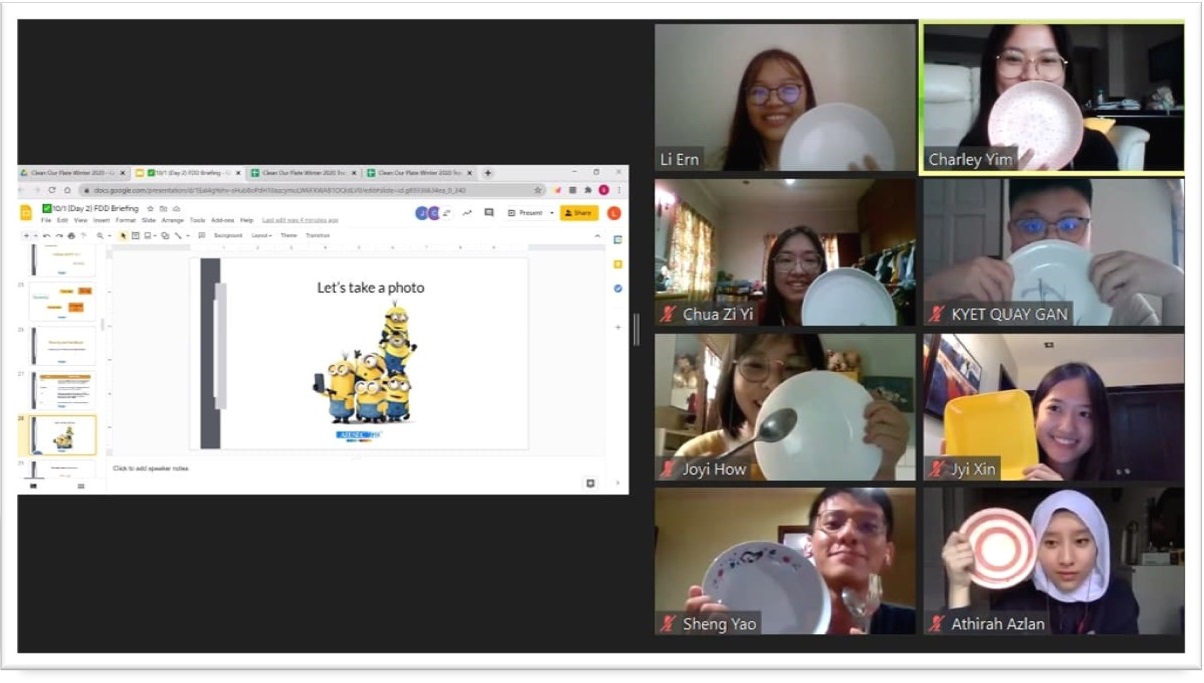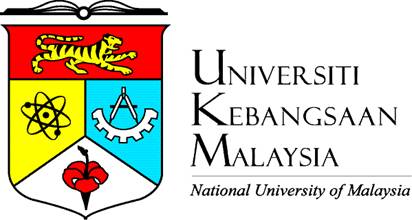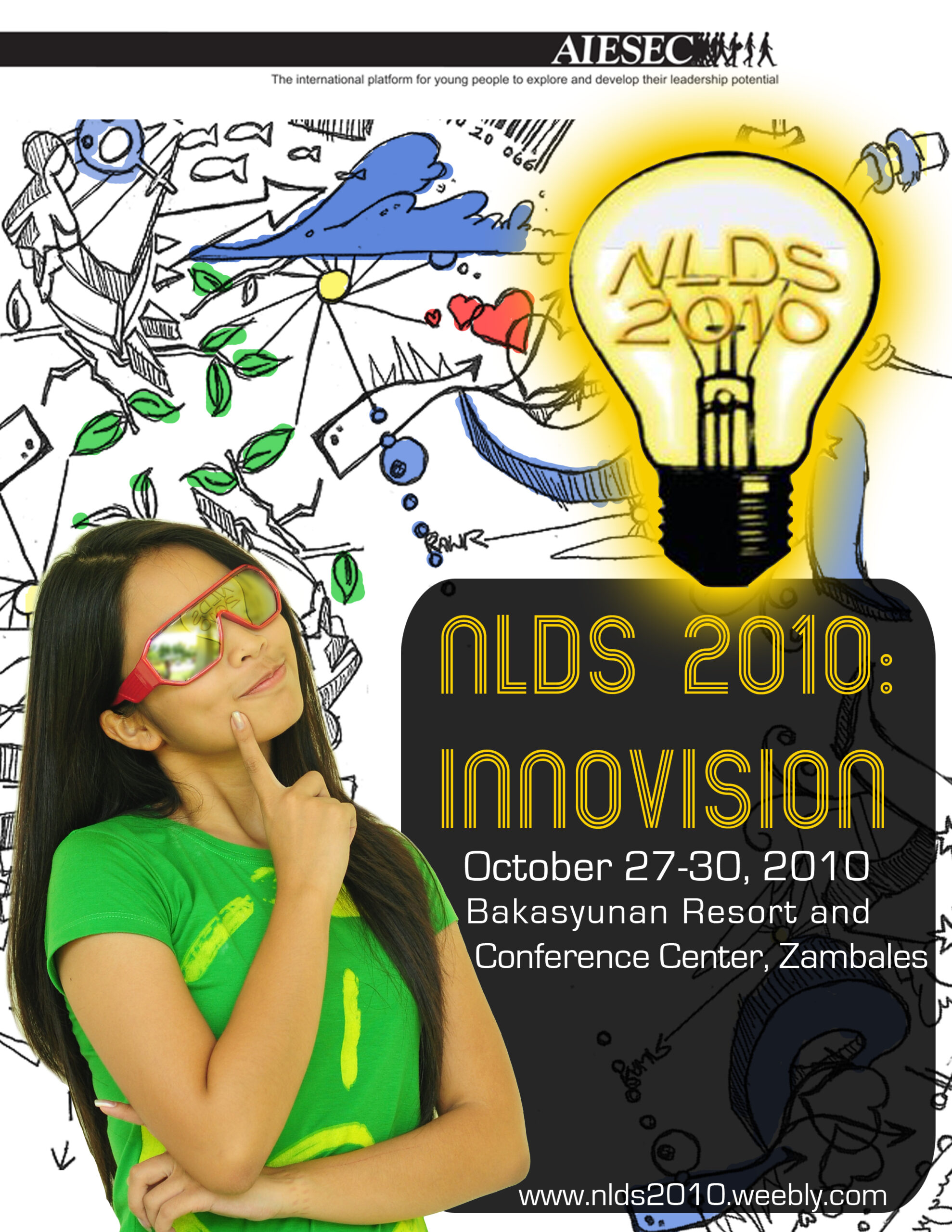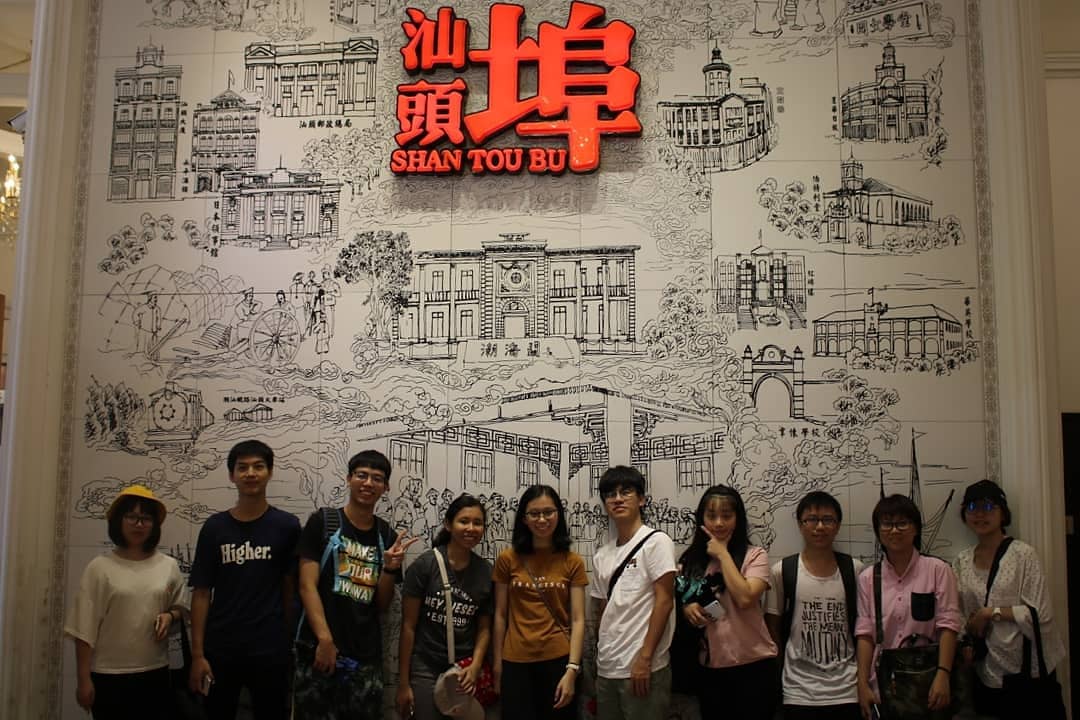
During the recruitment phase, the young talents would review the job vacancy to firstly figure out if they meet the requirements. Then, they would research the company’s background and environment for several reasons. While some young talents have a rough idea of what they are looking for when applying for jobs, not many necessarily know what suits them the most. In our Youth Consultancy Report, ‘Personal Growth Opportunities’ ranks the highest on the thing young talents look for when applying for jobs. However, whether having a secondment opportunity abroad or role rotation, different people prioritise opportunities distinctly.
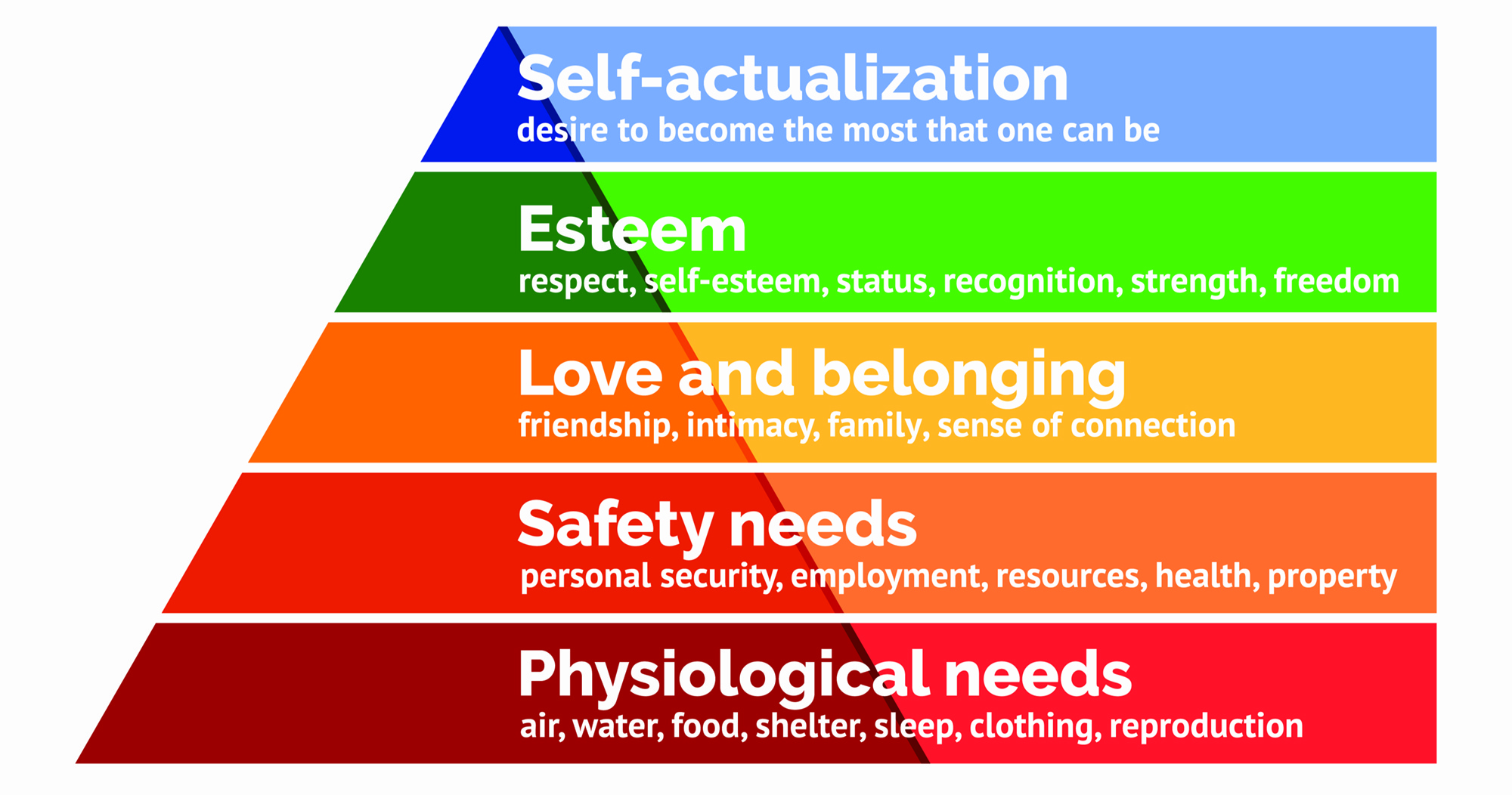
Source: Simply Psychology
I came into Maslow’s Hierarchy of Needs notes about human’s motivation that differs at every level. Given the context of the workplace, people first look for jobs that give them a bare minimum benefit to survive. Once that requirement is met, they will look for a better benefit such as a higher salary or job security to stay. The next level of needs involves love and relationships which means the work’s social relationship. Again, once that need is fulfilled, people will then look for esteem. The highest level of motivation drive would be self-actualization where humans want to develop the best version of themselves.
In order to have a practical view alongside the theory, I also contacted AIESEC in Malaysia’s alumna, Karen, Evelyn and Jessica who once were youth and have worked in the Human Resource industry for Maxis, Unilever and L’oreal respectively. They have been in the industry for approximately more than 5 years. I asked them a few questions to understand what makes them stay in the companies and their view on the youth workforce.
1. What makes the youth stay in the company?
Having a personal connection or a sense of purpose when doing something is extremely important to drive us forward. Possessing a disciplined personality will create some actions but being motivated will keep one persevere. Thus, someone who is personally connected to their workplace will most likely remain in the company. However, what exactly connected the youth with the workplace?
-
Work satisfaction
According to the Youth Consultancy Report, 59.7% of the participants say that ‘Personal Satisfaction with Work’ will make them stay in the company. Theoretically, they prefer a workplace that can fulfil their esteem needs where they can execute and enjoy the job confidently. Jessica who has stayed in L’oreal for almost 7 years said she enjoyed all the roles she has taken in the company.
“It is the way L’oreal constantly evolves and being entrepreneurial. How I get there is essentially up to me. I get to define how and what I want to do. From that point of view, it is actually quite interesting and exciting because there is no fixed way of doing things.” – Jessica, Learning for Development Manager.
Once one has become comfortable with the current role, the satisfaction will start to diminish. Thus, to maintain the work satisfaction of the employees especially the youth, the existence of various opportunities is crucial. The youth is an explorer and in need to be exposed to many roles to figure out their true passion. The lack of opportunity will cause the youth to seek a better chance outside the company.
-
Alignment of personal and company’s work culture
Every company has their own work culture which is based on the structure and community in them. For instance, some companies allow freedom to carry out tasks without authority as long as it reaches the end goal but some require a strict procedure. None is better than the others but one or the other suits a different personality.
“55.5% of the youth participants consider working culture being aligned with personal preference as a factor of keeping them in the company.”
Youth Consultancy Report, AIESEC in Malaysia
This emphasises the importance of effective employer branding in which the company’s culture is properly showcased to attract the right talent. The recruitment phase also plays an equally critical role in acquiring the right talent. Many large companies have resorted to strength-based interviews to understand the candidates’ natural aptitude to match with the company’s value.
-
Alignment of working styles between individual and team leaders
Karen and Evelyn stated that their team leader plays a role in connecting them to their current job. A similar working style has strengthened the synergy between them and the team leaders. According to Maslow’s Hierarchy of Needs, this connection can be considered as the third level of motivation which brings the sense of belonging.
Moreover, 56.6% of the participants value personal development conversations with their team leader. The quality conversation they are looking for is focusing on constructive feedback. It implies how much the youth embraces open communication culture to connect with the workplace. Having a sense of belonging will allow the young talent to feel comfortable at the workplace and demonstrate their best abilities. It also displays an important role of the team leader in managing their team to ensure they achieve a sense of belonging.
2. How can companies keep the youth talent?
When talking to Karen, Evelyn and Jessica, they mentioned that HR’s struggle nowadays is to retain young talent. As young talent will be mostly at their exploration phase during the early stages of joining the workforce, they will always chase for a better opportunity before properly settling down. When the company cannot meet the new joiner’s expectations on career development due to the view of the new joiner being unready, the young talent seeks other opportunities outside. Eventually, they leave the company as they lose the personal connection. So, how can companies address this struggle?
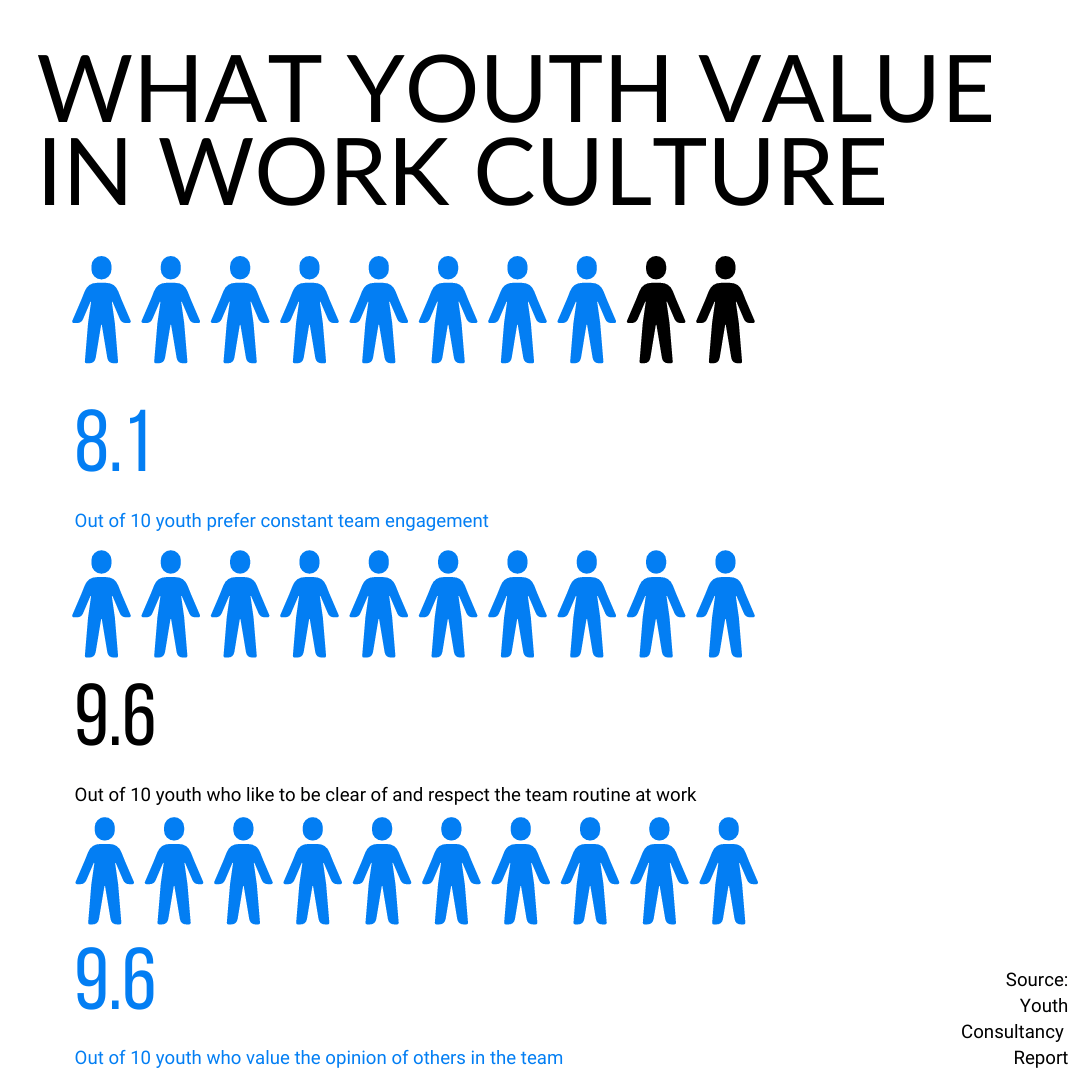
-
Constant team management
8.1 out of youth prefer constant team engagement. Being engaged is prominent for the youth as they have less experience and would appreciate learning from their seniors. Covid-19 has caused a serious burn out between the young employees as they spend many hours on the tasks due to lack of experience. Thus, a constant team engagement is vital to check up on everyone regularly, ensuring help is provided when needed.
-
Clear team routine
9.6 out of 10 youth prefer to have a clear team routine. Having a clear team routine will allow the young employees to settle down faster. In addition, it also fosters team bonding because everyone is experiencing the same thing at the same time. A strongly bonded team will retain the young employees as they are connected to the people around them. Some young talents do not enjoy their job when they first join the company, however, end up remaining in the team because of the people. It shows the strength of people’s connection at the workplace.
-
Inclusivity
9.6 out of 10 youth values the opinion of others in the team, implying a preference for inclusivity. Although being young is always associated with being inexperienced, young employees would also like their voices to be heard. As mentioned earlier, work satisfaction is one of the reasons that the youth stay in the organization. In order to be satisfied with the job that they are doing, they need to be able to take ownership of the tasks. Therefore, team leaders need to be mindful of the young employees and take them seriously. As much as they value other opinions to improve themselves, they also like to be valued equally.
To conclude, personal connection varies at different stages. When young talent first applies for the job, their connection to the company would probably be the first two-level of needs. However, once they have joined, they start to look for a healthy work relationship and confidence from their colleagues. Then, after a few years, the personal connection will then change to maximise their potential. The personal connection from the youth perspective listed in this article is a selective list. To know more about youth perspective in the workplace, get your copy of the Youth Consultancy Report from us.
Interested to read the full report? Please leave your general information below and our team will send you a copy of the report!

Aina Dayana Muhammad Riadz
B2B Marketing Content Creator of AIESEC in Malaysia
An organised and rational Malaysian final year Accounting and Finance student studying in UK with strong attention to detail. Constantly seek self-improvement and enjoy experiencing new things.

Aina Dayana Muhammad Riadz
B2B Marketing Content Creator of AIESEC in Malaysia
An organised and rational Malaysian final year Accounting and Finance student studying in UK with strong attention to detail. Constantly seek self-improvement and enjoy experiencing new things.


